Keywords: Religion Reporting
There are more than 24 results, only the first 24 are displayed here.
Become a subscriber for more search results.
-
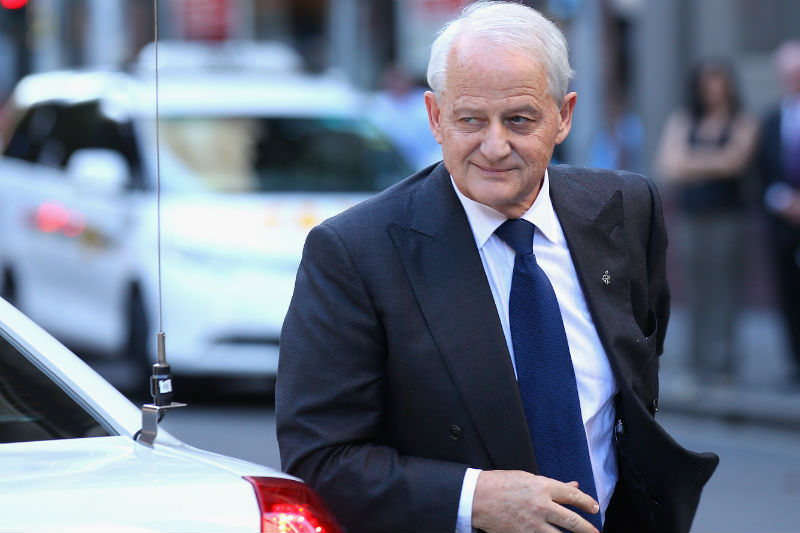
AUSTRALIA
- John Warhurst
- 12 October 2018
24 Comments
The discussion is widely framed as a conflict between secular and religious Australia, as if such entities existed, with secular Australia defending the rights of the LGBTIQ community and religious Australia wanting to shore up its right to discriminate against others on the basis of their sexuality. But it's not that cut and dried.
READ MORE 
-
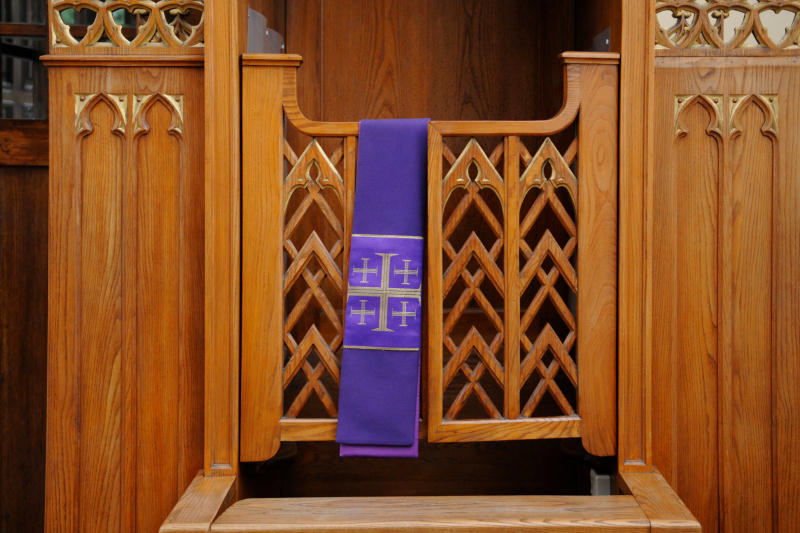
RELIGION
- Frank Brennan
- 20 August 2018
31 Comments
There is no way I would want to defend a seal of the confessional so widely drawn as that defined by Archbishop Anthony Fisher. However, I do think there is a case for respecting the seal of the confessional tightly defined as done by the canonist Fr Ian Waters. But to do that, the Church would need to get its act together.
READ MORE 
-
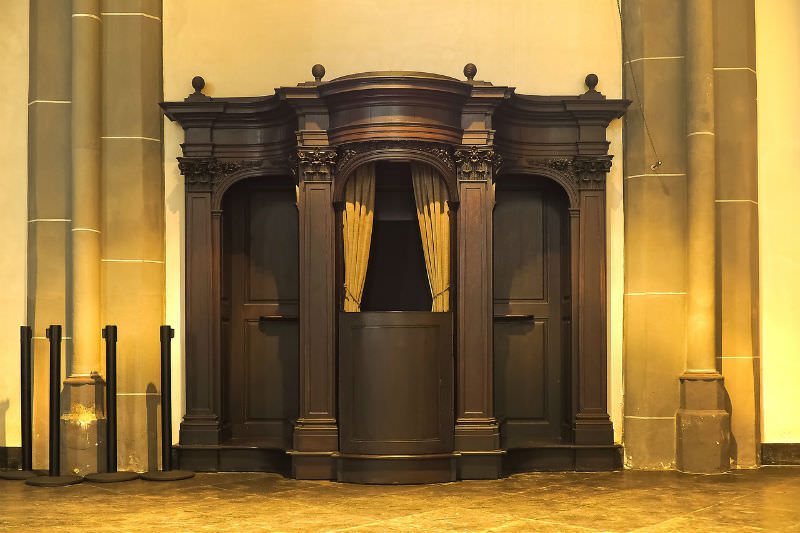
RELIGION
- Peter Johnstone
- 18 July 2018
46 Comments
The arguments for exemption ignore or deny the harm to children that can arise from failure to report. They claim the law would be ineffective because few paedophiles go to confession, and might not confess if the seal did not apply. Such conjectural arguments ignore the basic principle that all harm to a child must be forestalled.
READ MORE 
-
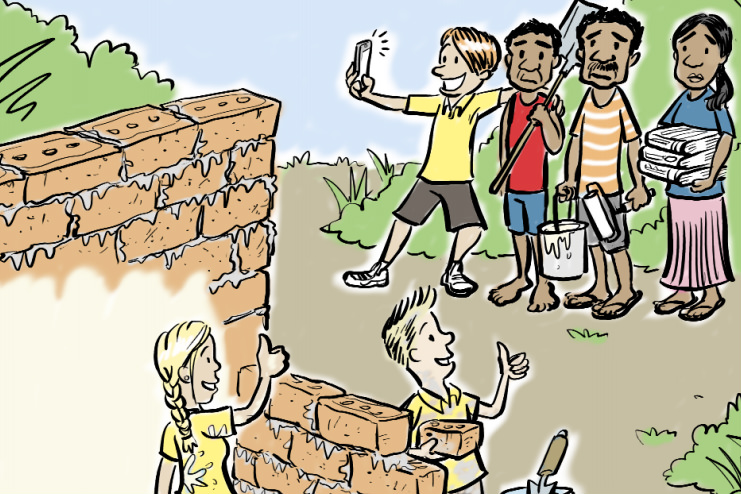
EDUCATION
- Beth Doherty
- 01 June 2018
13 Comments
More and more, school leavers are being invited to participate in 'life-changing' experiences where they build houses in Cambodia, or volunteer for a week in a Vietnamese orphanage. When presented with such opportunities we should exercise caution and informed discernment.
READ MORE 
-
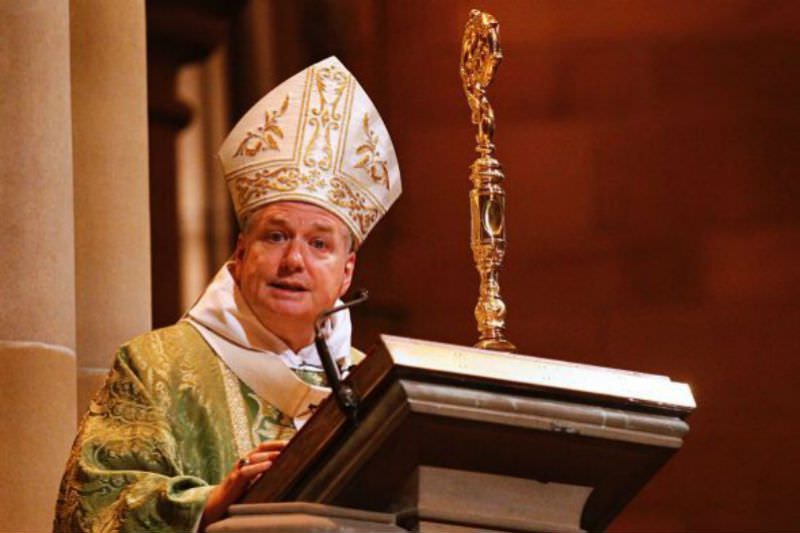
RELIGION
- Frank Brennan
- 03 April 2018
48 Comments
Archbishop Fisher's Easter warning was in part responding to the findings of the royal commission and in part to some of the submissions to the Ruddock panel on religious freedom. Being on the panel, it would not be appropriate for me to comment on particular submissions at this time. But I was shocked by the Archbishop's shrill tone.
READ MORE 
-
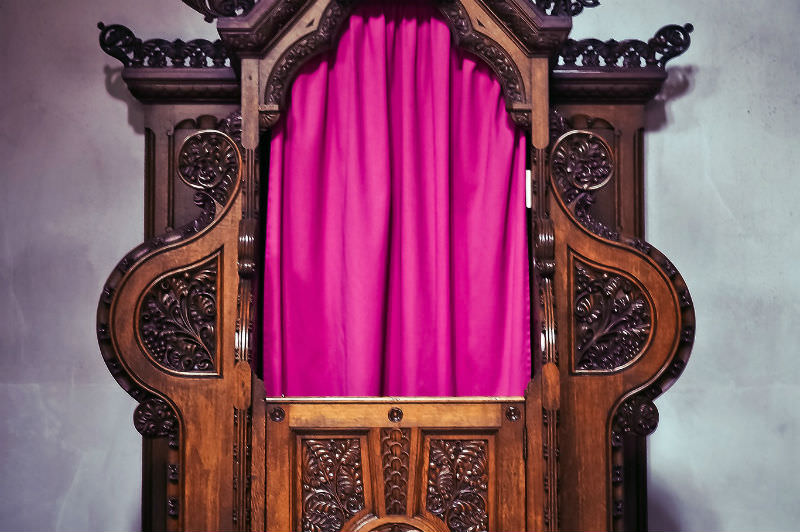
RELIGION
- Bill Uren
- 07 December 2017
34 Comments
I suspect the royal commission will recommend the seal of confession should no longer remain absolute. I also know that all priests of my acquaintance will rather go to jail than violate the seal. I cannot then see that such a move will be anything but unproductive. Perpetrators will be less likely to go to confession and priests will go to jail.
READ MORE 
-
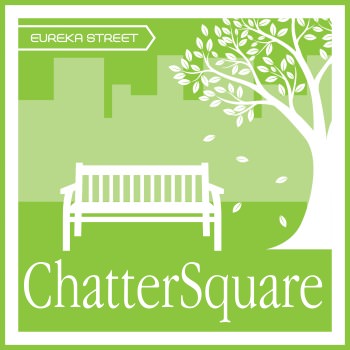
PODCAST
Shouldn't religion be treated like an essential news desk? What does journalistic competence in this area look like? How do funding cuts affect the way religion is covered? In this Extra episode of ChatterSquare, Rohan Salmond and Tito Ambyo take us through the challenges and benefits of religion reporting.
READ MORE
-
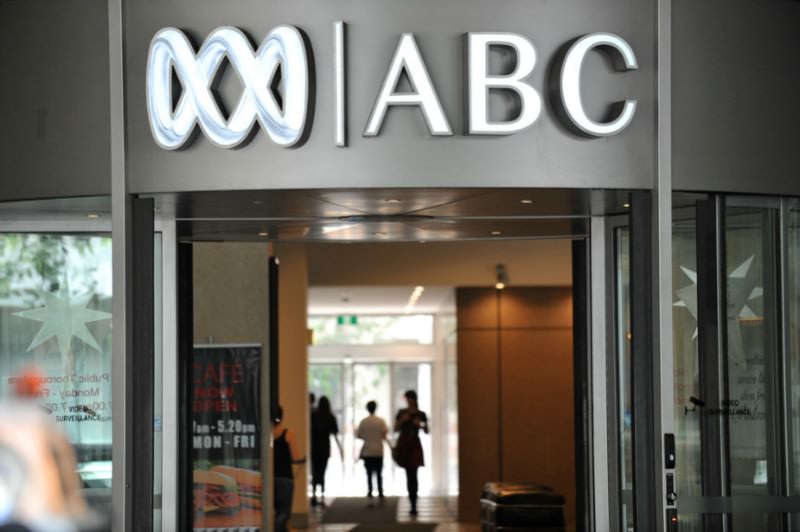
MEDIA
- Rohan Salmond
- 01 June 2017
28 Comments
Reports that the ABC will no longer require the head of the religion unit to be a religion specialist are more than a little surprising. The ABC has a commitment in its charter to 'reflect the cultural diversity of the Australian community'. Without religion reporting from people with specialist journalistic backgrounds, the ABC jeopardises its ability to fulfil its ongoing functions and responsibilities. Like it or not, religion still plays a huge part in public life in Australia, which affects the lives of everyone.
READ MORE 
-

RELIGION
- Frank Brennan
- 17 February 2017
3 Comments
The commission's forensic scrutiny of past actions of church officials in no way constitutes an interference with the freedom of religion. Its spotlight is to be welcomed, provided only that it is shone on a truly representative sample of all institutions which have been found wanting and provided the same light filter is applied to all institutions. I do however have a problem with the commission making findings on issues like the want of compassion when those findings are made only against a Church.
READ MORE
-

MEDIA
- Kasy Chambers
- 05 December 2016
21 Comments
There has been a slow trickle of news outlets in Australia winding back their coverage of religion over recent years. Some might argue that this is a good thing in a secular democracy, and that discussion of religion creates division. This however flies in the face of the overwhelming good that religious belief, and religious-based organisations, do in this country. Not to mention the fact that religion and ethics are a major part of the narrative of society, of how we live together and how we form a community.
READ MORE 
-

ENVIRONMENT
- Frank Brennan
- 28 November 2016
'No matter what the economic, political and legal problems confronted by modern day India, our response can be improved by an application of the key principles and norms developed in the international law of trade and human rights, helping to enunciate the realm of law, regulation and political accountability, enhancing public scrutiny providing the right environment for doing business.' Frank Brennan presents the 25th JRD Tata Oration, Xavier School of Management, Jamshedpur, India, 26 November 2016.
READ MORE
-
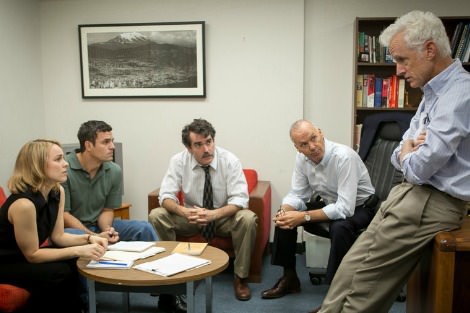
ARTS AND CULTURE
- Richard Leonard
- 28 January 2016
18 Comments
This is one of the angriest films you will ever see. In the Bible we hear about righteous anger, where God or humanity realises something is so wrong and sinful that 'holy anger' is the first and right response. At its best in the scriptures this anger leads to justice, making things right. Spotlight is an occasion for holy, righteous anger and every adult Catholic should see it.
READ MORE 